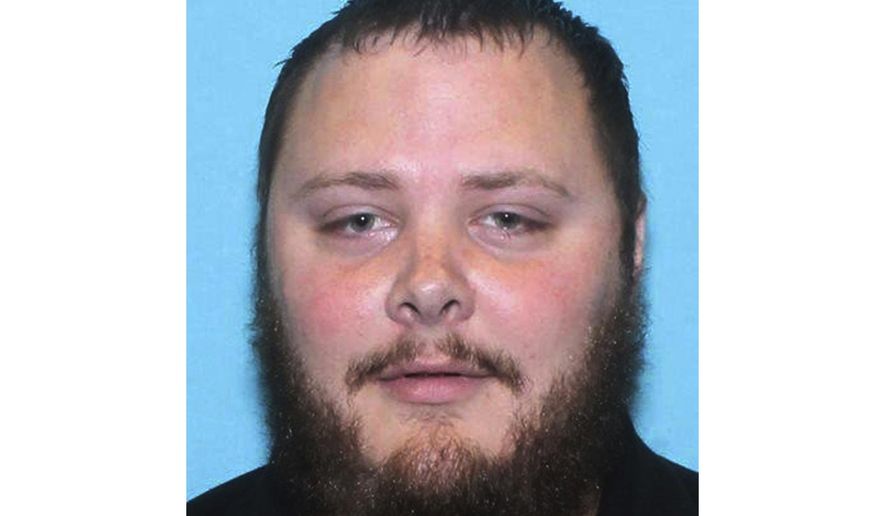Apple has been asked to turn over nearly two years’ worth of iCloud data associated with deceased Texas church shooter Devin Patrick Kelley as investigators probing the massacre continue to comb for clues.
A judge in Wilson County has signed off on at least three search warrants stemming from cellphones recovered from Kelley following the Nov. 5 rampage at the First Baptist Church in Sutherland Springs, including one authorizing an inspection of the shooter’s LG cellphone, one involving his Apple iPhone SE and another concerning an iCloud account likely linked to the latter device, the San Antonio Express-News reported Monday.
The search warrants were separately authorized by the same state judge in the initial aftermath of Kelley’s massacre but were only made available after being obtained by the newspaper and published online Nov. 21, more than two weeks after the former U.S. Air Force member conducted the deadliest mass shooting in Texas history and then committed suicide, according to police.
On Nov. 6, a day after the shooting, Texas District Court Judge Russell Wilson authorized investigators to search a blood-splattered iPhone recovered from the front driver side floorboard of Kelley’s Ford Expedition, according to the first warrant issued.
During a press conference the following day, however, an FBI agent investigating the massacre admitted Kelley’s iPhone couldn’t be accessed by authorities.
“Unfortunately, at this point in time, we are unable to get into that phone,” Christopher Combs, the special agent in charge of the FBI’s San Antonio bureau, said during the Nov. 7 press conference.
On Nov. 9, meanwhile, Judge Wilson signed an additional pair of warrants authorizing searches of Kelley’s black LG cellphone as well as his account on Apple’s iCloud file-syncing service covering all of his messages, calls, photos, browsing history and other data dating back to Jan. 1, 2016.
Authorities have encountered problems in the past attempting to recover data physically stored on iPhones seized by criminal investigators, most notably after the 2015 terrorist attack in San Bernardino, California, when the Justice Department sued Apple in hopes of compelling the company to crack into an password-protected device recovered from slain suspect Syed Farook before ultimately hiring professional hackers instead.
Apple has previously stated that it can’t access data physically stored on its customers’ iPhones since the company doesn’t log the passcodes needed to unlock their devices, but the company is capable of accessing iCloud accounts and will “provide content in response to a search warrant issued upon a showing of probable cause,” according to its legal guidelines.
Apple declined to comment on the search warrants, citing its policy against discussing law enforcement matters, the Express-News reported, but has previously said it “immediately reached out to the FBI” to offer help accessing Kelley’s cellphone.
“We offered assistance and said we would expedite our response to any legal process they send us,” Apple said Nov. 8. “We work with law enforcement every day. We offer training to thousands of agents so they understand our devices and how they can quickly request information from Apple.
Twenty-six people were killed and 20 injured in Kelley’s rampage, according to police. Investigators have not yet revealed a motive.
• Andrew Blake can be reached at ablake@washingtontimes.com.




Please read our comment policy before commenting.